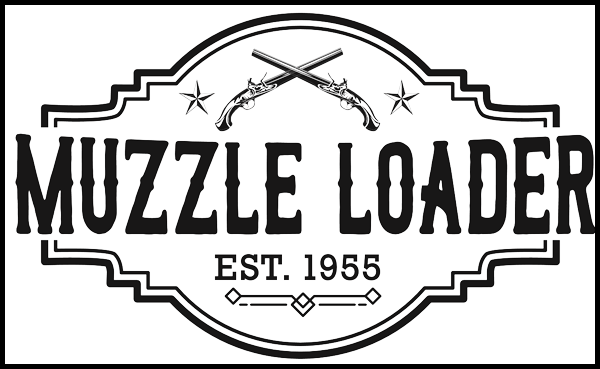Montana
TikTok ban in Montana approaches federal court hearing

Helena, Montana – A federal judge will have to decide whether to halt the law before it goes into force on Jan. 1 under a new state law that forbids the social media app TikTok from operating in Montana.
The office of Montana’s attorney general, Austin Knudsen, responded to a federal lawsuit attempting to overturn the TikTok ban on Friday. They contended that the state does have the right to control the app in order to safeguard Montanans and requested that the law be let to take effect while the lawsuit is still pending.
Plaintiffs submitted documents last month asking for a preliminary injunction on the law, arguing that it places an excessive burden on the right to free expression and will have immediate effects. Plaintiffs included TikTok and five content artists who use the app and are based in Montana.
The Belgrade senator Shelley Vance’s (R) Senate Bill 419 was approved by the legislature in April. The next month, Gov. Greg Gianforte signed it into law.
The law states that TikTok cannot be used in Montana and that app shops are not permitted to promote its download there. It imposes fines of up to $10,000 for each violation and an additional $10,000 for each day the violation persists. Individual users wouldn’t be subject to sanctions.
Supporters of the ban highlighted worries that the Chinese government would have access to TikTok user data. Congress has convened hearings into allegations that members of the Chinese Communist Party may have had access to information on American users. ByteDance, the Chinese company that owns TikTok, has its headquarters there.
The law asserts that by exposing kids to “dangerous content that encourages minors to engage in dangerous activities,” the app may hurt them.
TikTok sued in federal court, claiming that the prohibition was excessive. Since then, that case has been merged with the content creators’ complaint.
The plaintiffs maintained that by outlawing TikTok, Montana had overstepped its legal bounds.
“Although SB 419 purports to safeguard national security and protect children from dangerous content, Montana has no authority to enact laws advancing its own view of United States foreign policy or national security interests, nor may the State ban an entire medium based on perceptions that some speech shared through that medium is unsuitable for children,” said the users’ attorneys in a brief.
Attorneys for TikTok said that Montana is home to hundreds of thousands of users of the app. They claimed that the ban is denying business access to that market and excluding Montanans from the users of the app. They claimed TikTok was unfairly penalized while competing sites might have continued to distribute the same kind of content that concerned leaders.
The business claimed that Montana is interfering with interstate trade and meddling in foreign policy matters that are solely the province of the federal government.
“That the Ban is void if TikTok is sold to a domestic buyer—even if purportedly dangerous content remains on the platform—underscores that the true purpose of the Ban is to regulate foreign affairs, notwithstanding its purported minor-safety justification,” they said.
TikTok has refuted claims that its app exposes user data to risk, claiming that neither the Chinese government nor the Chinese Communist Party directly or indirectly controls it, that they have never been asked to share American user data with Chinese authorities, and that they have invested a lot of money in safeguarding the data of American users.
According to Knudsen’s office, the TikTok ban is aimed at a product rather than the message it spreads. They claimed that the reason the app is treated differently from other platforms is simply because of its unique location, and that TikTok cannot utilize the First Amendment to get around a rule that does not specifically target expressive behavior.
“No other app conditions its use on making Montanans’ digital privacy subject to data harvesting with at-will C.C.P. access; in this respect, TikTok stands alone,” they said. “And no protected expressive attributes can be attributed to a hostile foreign government’s massive data- harvesting efforts intentionally directed at Montanans; that’s the “non-expressive activity” SB419 targets.”
The state contended that because Montana is in accord with many other states and federal officials from both parties who have voiced concerns about TikTok’s data privacy, the ban does not violate federal law. They said that because the ban only blocks one user route, it doesn’t restrict free speech.
“Montanans ‘may continue to express themselves through other and traditional methods of communication’ by sharing videos, memes, and every other kind of expressive content on every other internet-based video or social-media platform,” they said.
On October 12 at 9 a.m., a hearing about the request for an injunction will take place at the Missoula federal courthouse.






Leave a Reply